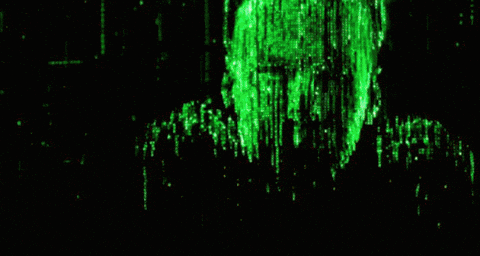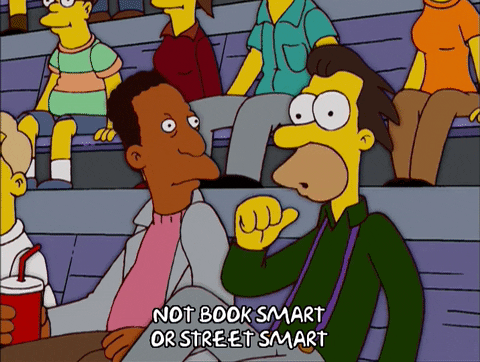In Emily’s words, PBL is all about reconnecting education to what’s around us. The local environment, natural resources, and even indigenous wisdom as the foundation for meaningful learning. She draws attention to how leaves and twigs aren’t just things we’ve ignored as we’ve gotten more “advanced”; instead they’re actually nature’s original toolkit, and they offer us a window to first-principles-thinking to solve human needs.
Why is it important?
Emily says (with a bit of subtle shade on modernity) that we’ve sidelined ancient knowledge in favor of shiny new things. Reintroducing this knowledge, especially indigenous insights makes learning richer, while also giving kids agency and context. It gives education “roots, not just branches”. She frames PBL as a path to rediscovering essential skills that have sustained humanity for generations.
Why does it matter what Emily thinks?
Emily advises educators, foundations and ecologists on how to empower kids with a deep sense of place. I am especially excited when my six-year old shares something intuitive and resourceful with me. It shows me she is learning how to think for herself, not simply reciting rules. This is what PBL is all about, grounded “in a place”.
Rather than churning out trivia machines, this approach can spark kids to become creative problem solvers. After chatting with Emily, I intuited that “the place” matters less than a place - because the key learning methodologies of PBL are place agnostic.

What about Alpha School?
Alpha School is a private K-12 network that uses AI-driven software to compress core academic instruction into two hours daily - it is one of the hot education startups to recently come out of Silicon Valley.
After the two hours of academics the students have hands-on workshops and personal mentorship for practical life skills.
The school is centrally managed and expands by allowing local operators to open new campuses under the Alpha brand, ensuring consistent curriculum and educational standards. So almost but not quite operating as a pure franchise.
Is a place-based ethos absent from Alpha School?
Alpha School’s model, while innovative, does not embed continual, multidimensional community engagement or local integration in its core structure. Project-based activities do not consistently tap into unique regional resources or traditions, and local partnerships are usually interchangeable or optional.
Some tangible examples of PBL
Marine biology on local beaches
Civic projects at city hall
Literature classes in museums
Math taught using the local landscape
Environmental science by testing water quality in local rivers
Geography by mapping out plant life in nearby parks,
Business studies by analyzing local farms
Writing poetry reflecting a town’s history
Emily mentioned that students find greater relevance in their studies when directly connected to people, problems, and places they know. This in turn boosts engagement and motivates kids to be ready for anything.












